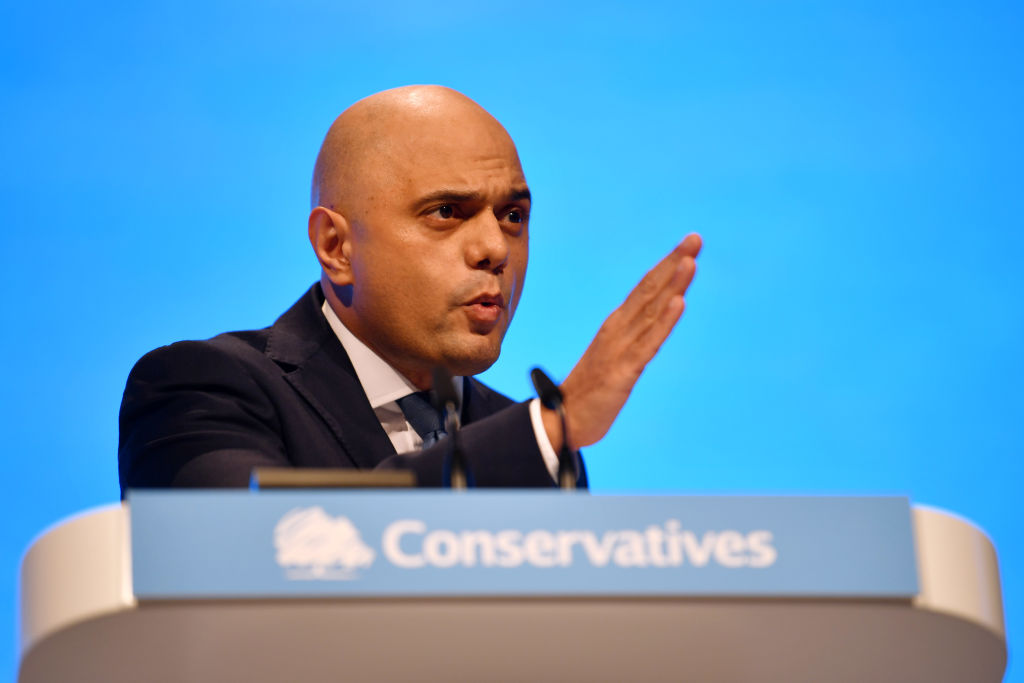Just when you thought that the Tories were getting into a position where they might be capable of winning the formerly Labour-leaning seats in the Midlands and the North – which they will need to snatch in order to survive after next election – along comes a minister to chuck a spanner in the electoral works.
Housing minister Robert Jenrick has suggested that the government might be minded to cut or even abolish inheritance tax, complaining about its ‘fundamental unfairness’ and claiming that it amounted to ‘paying tax twice’. Disturbingly, Sajid Javid also made a hint about cutting inheritance tax at Tory conference, suggesting that it might be emerging party policy.
Given that it is already possible for a couple to pass £1 million to their children tax-free there is no hiding at whom this proposal is shamelessly directed – in 2016/17 just 4.6 per cent of deaths in the UK resulted in an inheritance tax bill. Demographically, cutting inheritance tax is akin to a cut in income tax exclusively for those earning in excess of £80,000 a year. That would not impress would-be Tory voters who are not wealthy enough to benefit, and neither should a cut in inheritance tax.
What is so unfair about inheritance tax? All taxation is a form of confiscation, so in that sense might be considered unfair. But why is inheritance tax worse than any other?
Jenrick’s claim about inheritance tax being double taxation is fallacious. True, I might end up having to pay tax on wealth that was built up from my parents taxed income, but then all money is taxed multiple times as it passes through the economy. I have to pay my plumber out of taxed income. Then he has to pay tax on what I pay him. If he spends that money on a childminder then she, too, has to pay tax on her earnings – so that is triple-taxation for starters.
Moreover, as a housing minister ought to know full well, a huge amount of inherited wealth is earned through profits in the main family home – profits which are not taxed. Inherit you parents’ £1 million home and neither you nor they may have paid a penny in tax. That is one of the reasons house price inflation has been so out of control in recent decades.
Jenrick claims that inheritance tax is particularly unpopular. I have seen some polls suggesting that, but focussing on it didn’t seem to do David Cameron much good. He went into the 2010 general election campaign promising plenty of tax rises – to close the deficit – and just one tax cut: inheritance tax. He ended up having to form a coalition with the Lib Dems who were offering a far more sensible tax cut – a sharp rise in an individual’s tax-free allowance. The Lib Dems won my vote in that election precisely because of that policy.
As it happens, I would abolish inheritance tax in its current form, but not to allow billionaires to pass on their wealth untaxed. Rather than tax estates I would tax those who received legacies – not in a punitive manner. Why can’t all income and capital gains be taxed the same, regardless of where it comes from? That would encourage people to leave money to causes and individuals who needed the money. If you left your million pound estate to 100 orphans, it would result in no tax being paid. If you left it all to a son or daughter earning £200,000 a year it would be taxed at their marginal income tax rate – 45 percent. That is what a fair tax system – and one likely to appeal to Labour as well as Tory voters – would look like. The Tories should stop serving just the interests of multi-millionaires and make sure their tax cuts appeal to everyone.







Comments